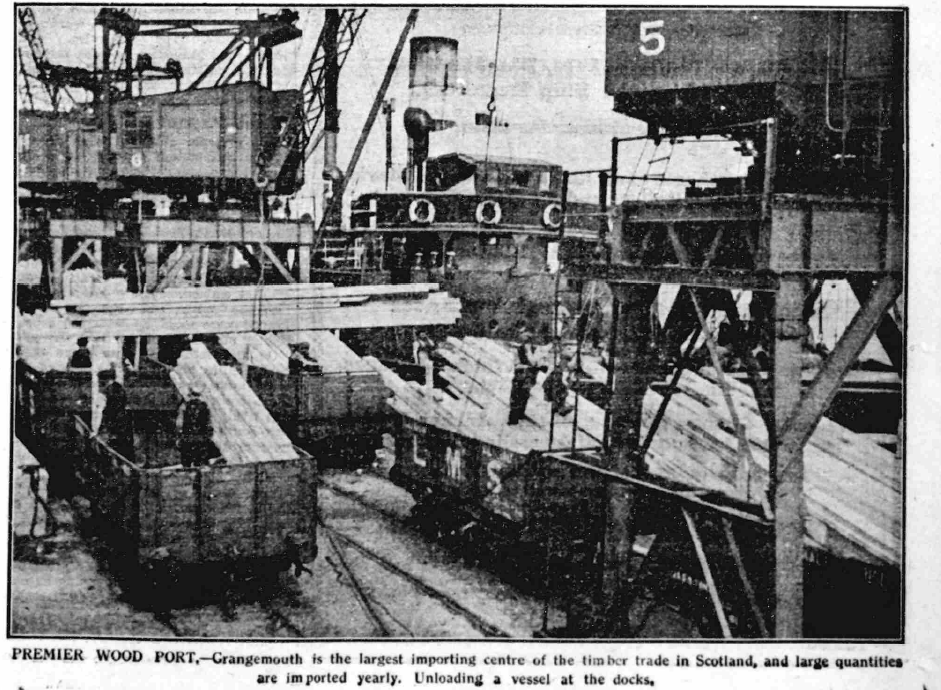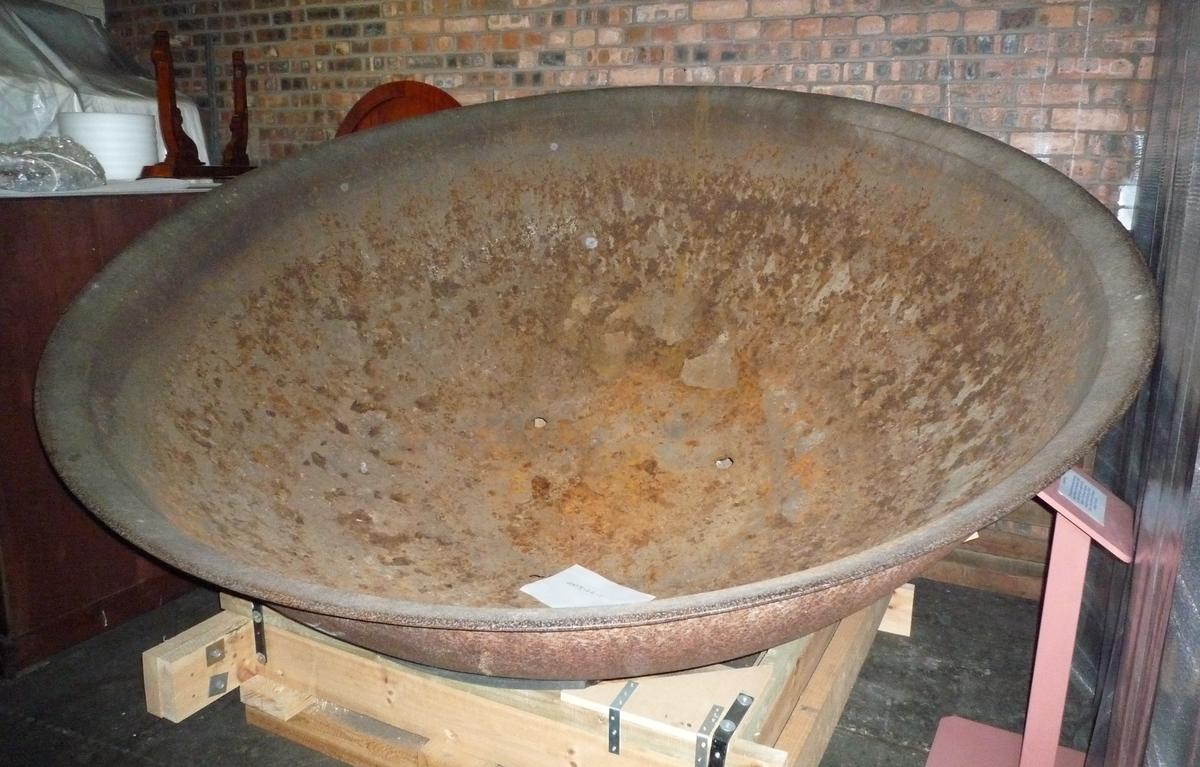Locals will remember the fire at Scottish Tar in Falkirk which burned for three days in the 1970s. Find out more about the history of the works, and James Ross, who founded one of the first chemical works in the area.
There were a lot of businesses around Falkirk that flourished as the British Empire was growing. They positioned themselves along the main trade route of the time which was the Forth and Clyde canal. The larger businesses attracted lots of smaller businesses to service them, as well as families, and men to work in all those new and expanding enterprises.
James Ross
One such business was James Ross and Company. This company grew to play a large part in property development in the Falkirk area but it started as a small two-man business. James Ross, son of William Ross, a farmer, and his wife Anne Boyd in Airth, along with his elder brother Andrew, came to Falkirk in about 1840. They started a small boatyard near lock 16 on the Forth and Clyde canal. Five years later Andrew died. James, who recognised the uses of pitch during boat building, started a chemical manufacturing business, one of the first to enter that industry in the area.
James Ross and Company
James and two partners built a factory on the Forth and Clyde canal near the West Burn. In 1847 James bought out his two partners and leased land from William Forbes at Lime Wharf. The company grew in size and by 1851 he was employing twelve men and two women. He is also listed as an innkeeper, as well as a chemical manufacturer, and was staying at the Union hotel Port Downie.
The company shipped crude tar from gas works to the factory and converted it into Naphtha, pitch and refined tar. The company also extracted and refined oil from shale at the site. In 1871 he employed sixty-three men and four boys, and was staying at his new house, Wallside, at the top of Lime road. The business continued to grow, and he established the Philpstoun Oil Works. They also acquired Waverley Chemical Works in Leith, and Dawsholm Works in Maryhill.
Sale of the Company
James sold the company around 1877 to a partnership of Robert Sutherland, who was the manager at Lime Wharf, and Robert Orr of Glasgow. He decided he did not want to live in his house Wallside next to the works, so in 1877 he took a lease out for Arnotdale House and estate, which is known today as Dollar Park. He purchased the house and estate in 1883, and his wife lived there after his death in 1893, until it went up for lease during 1900.
The Chemical Works
The chemical works continued to flourish and in 1920 it was split into two. It then amalgamated in 1929 with two other companies to form Scottish Tar Distillers Ltd. The works continued to operate on the site at Lime Wharf. The company went through a few other changes, as other companies were added to the portfolio, but continued to operate.
Devastating Fire
In November 1973, a fire started at the tar works which will live in the minds of all the people in the area. It burned for three days with a large plume of black smoke hanging over the works. Scottish Tar continued to operate after the fire but it closed a few years later. This was the end of Falkirk’s first chemical works at Port Downie, which was also the last to close.
By Ron Watson, Great Place volunteer, Hidden Heritage: Industry and Empire project 2020.

